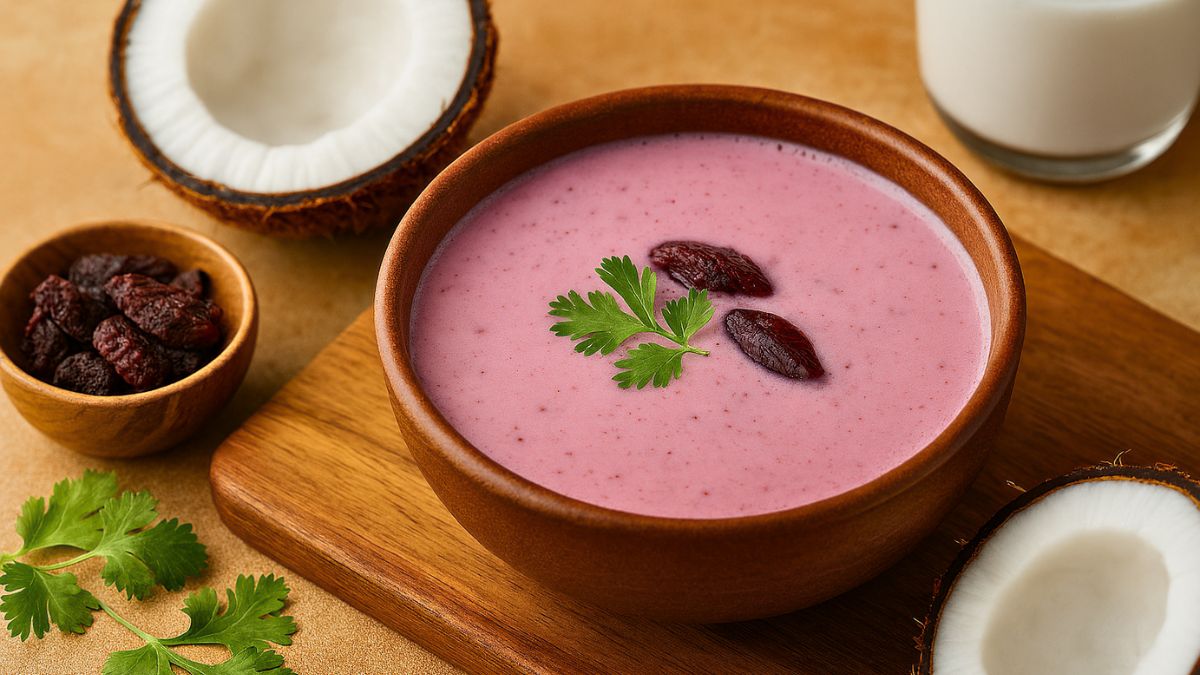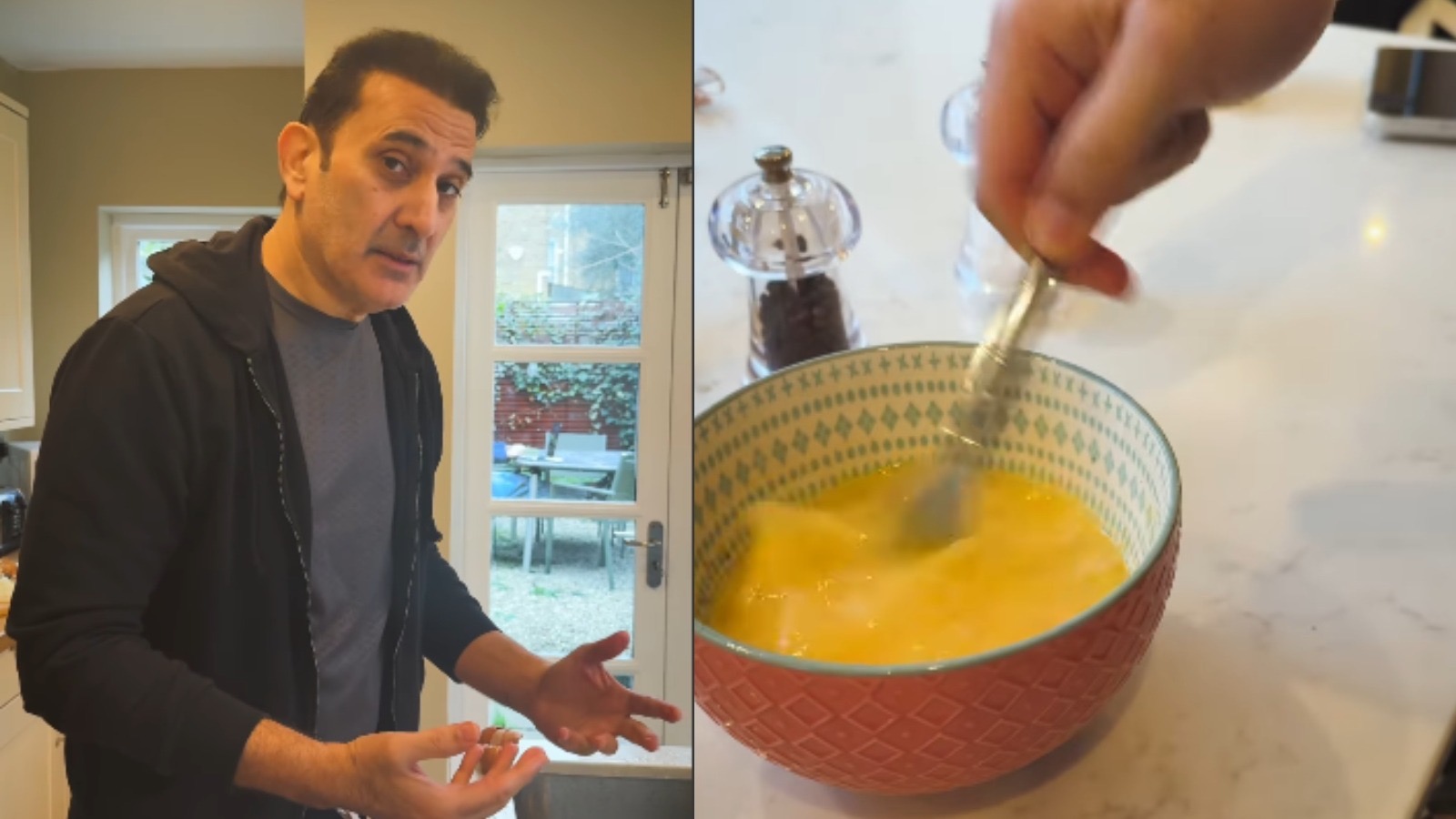Red meats have been blamed for a number of chronic ailments including high blood pressure and high levels of cholesterol. This is because red meats, despite being high in protein, may end up supplying excessive levels of saturated fat to your body, making it difficult for you to manage weight and also bumping up your blood pressure levels. However, when consumed in a healthy manner, they may not do as much harm to your body. A new study has said that consuming red meats as part of a healthy diet may benefit us by reducing risks of multiple sclerosis (MS). It is a condition where the body's immune system attacks the protective covering of nerve cells.
MS is a chronic disease which may last for years or even be lifelong. The study titled, "A Higher Mediterranean Diet Score, Including Unprocessed Red Meat, Is Associated with Reduced Risk of Central Nervous System Demyelination in a Case-Control Study of Australian Adults" was published in the Journal of Nutrition. For the study, researchers used data from the Ausimmune study from 2003 to 2006 and the looked at whether there was a link between consumption of unprocessed red meats like pork and mutton as part of the Mediterranean diet, and the risk of episodes of CNS demyelination, which is considered as the precursor to MS.
Lead author of the study Dr. Lucinda Black, from the School of Public Health at Curtin University surmised that contributing factors for MS may include poor diet, low levels of Vitamin D and low exposure to the Sun. The study said that consuming a small serving of unprocessed red meats (about 65 gm) daily as a part of a healthy Mediterranean diet may be beneficial in reducing risks of multiple sclerosis. The study concluded by saying, "A Mediterranean diet, including unprocessed red meat, was associated with reduced risk of FCD in this Australian adult population. The addition of unprocessed red meat to a Mediterranean diet may be beneficial for those at high risk of MS."
(This content including advice provides generic information only. It is in no way a substitute for qualified medical opinion. Always consult a specialist or your own doctor for more information. NDTV does not claim responsibility for this information.)













